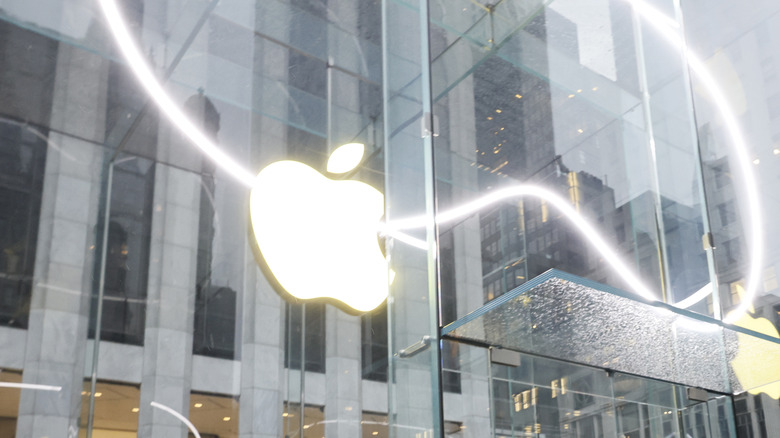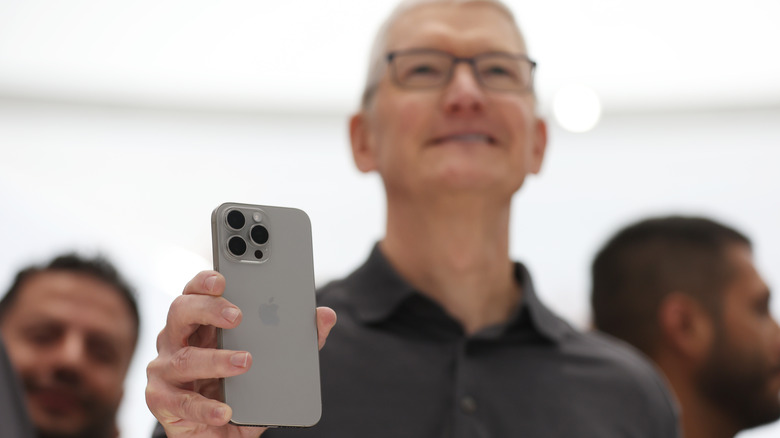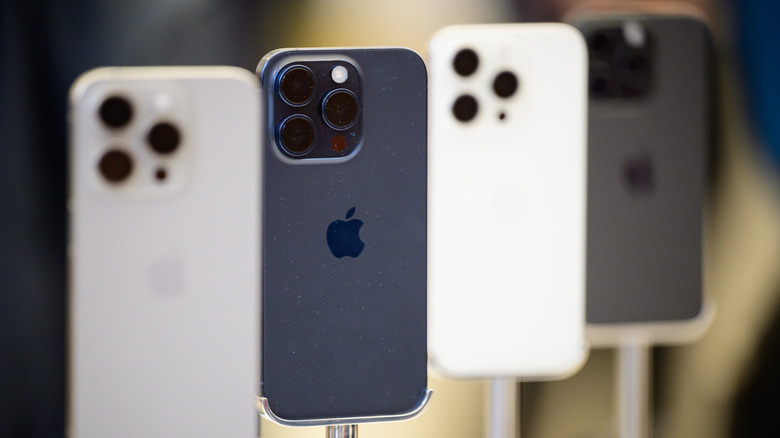US Slaps Apple With Antitrust Lawsuit: What This Could Mean For iPhone?
The U. S. Department of Justice has filed a blockbuster lawsuit, accusing the company of abusing its monopoly in the smartphone market and violating federal anti-trust laws. Brought before a District court in New Jersey, the lawsuit seeks to liberate the smartphone market from Apple's exclusionary and competition-stifling conduct, measures that would not only open the doors for lower prices but bring down the platform fee for developers and foster innovation.
"Consumers should not have to pay higher prices because companies violate the antitrust laws," Attorney General Merrick B. Garland said in a statement. The lawsuit claims that Apple makes it harder for apps, products, and services to work if they would make people less dependent on the iPhone, allow different devices to work together better instead of locking them behind ecosystem walls, and make participation more affordable for buyers and app creators.
One of the biggest legal challenges of its kind for Apple on its home turf, the DOJ's lawsuit mirrors similar antitrust objections raised by the European Union against the likes of Apple and Google. Late in 2023, India's anti-trust regulator also launched an investigation into Apple's unfair market tactics, targeting the App Store billing policy and forcing developers to use the company's own app billing pipeline.
"Apple would meet competitive threats by imposing a series of shapeshifting rules and restrictions in its App Store guidelines and developer agreements that would allow Apple to extract higher fees, thwart innovation, offer a less secure or degraded user experience, and throttle competitive alternatives," the DOJ says in its lawsuit.
A challenge of immense magnitude
The DOJ stresses that Apple's conduct isn't limited to phones, but also exerts its effect over other categories such as smartwatches, digital wallets, and apps. The lawsuit, which has garnered support from over a dozen State Attorneys General – including New York and California – says the company is also trying to extend its monopolistic influence into other segments of the economy, including entertainment, automobiles, financial services, and more.
All those areas of concern cover popular Apple products such as Car Play, Apple Fitness, Apple TV, Apple Music, Apple Pay, and more. The DOJ cites instances like Apple intentionally degrading cross-platform messaging experience, keeping contactless payments made via NFC locked to Apple Pay as opposed to individual payment apps, limiting Apple Watch support to iPhones, and more.
"For years, Apple responded to competitive threats by imposing a series of "Whac-A-Mole" contractual rules and restrictions," Assistant Attorney General Jonathan Kanter was quoted as saying. As part of the relief measures, the lawsuit seeks to open the doors for super apps and cloud streaming apps like Microsoft's Xbox, stop the company from keeping messaging and wearable platforms locked, and dissuade Apple from making policies that harm developers, consumers, and accessory makers.
Apple is not happy with the move, and once again, the company argues that the DOJ's legal challenge will slow down innovation. "We believe this lawsuit is wrong on the facts and the law, and we will vigorously defend against it," the company said in a statement shared with CNN. The Tim Cook-led company notes that the lawsuit poses an existential threat to Apple.
What's at stake for the iPhone?
Of course, Apple is going to fiercely lobby against the allegations and provisions proposed by the Department of Justice. Regarding messaging experience, Apple has kept iMessage historically locked to iPhones, and actively blocked the adoption of an industry-wide standard like RCS. In doing so, the whole "green-blue text message bubble" situation raised its head, depriving Android users of advanced features such as high-resolution media transfer, reactions, typing indications, and more.
For developers, and even heavyweights like Epic Games and Spotify, Apple's decision to charge nearly a third of an app's net revenue and force developers to use its in-house payment system has been fiercely debated. Since the only way to distribute apps on iPhone was through the App Store, the sideloading block forced developers to live with those restrictions. In the EU, following the implementation of the Digital Markets Act (DMA), Apple was finally forced to open app downloads and allowed developers to use alternative payment methods for in-app purchases and subscriptions.
Changes of that magnitude came after years of investigation and pressure, and even in compliance, Apple has received the ire of developers due to complex caveats. Enforcing such rules in the US, while also relaxing its grip on exclusive perks like iMessage and a hard disdain for cloud-based streaming apps, won't be easy. It could take a long time, and legal back-and-forth, before any of the DOJ's core recommendations reflect on the iPhone, and Apple's vast ecosystem of hardware and software products.


